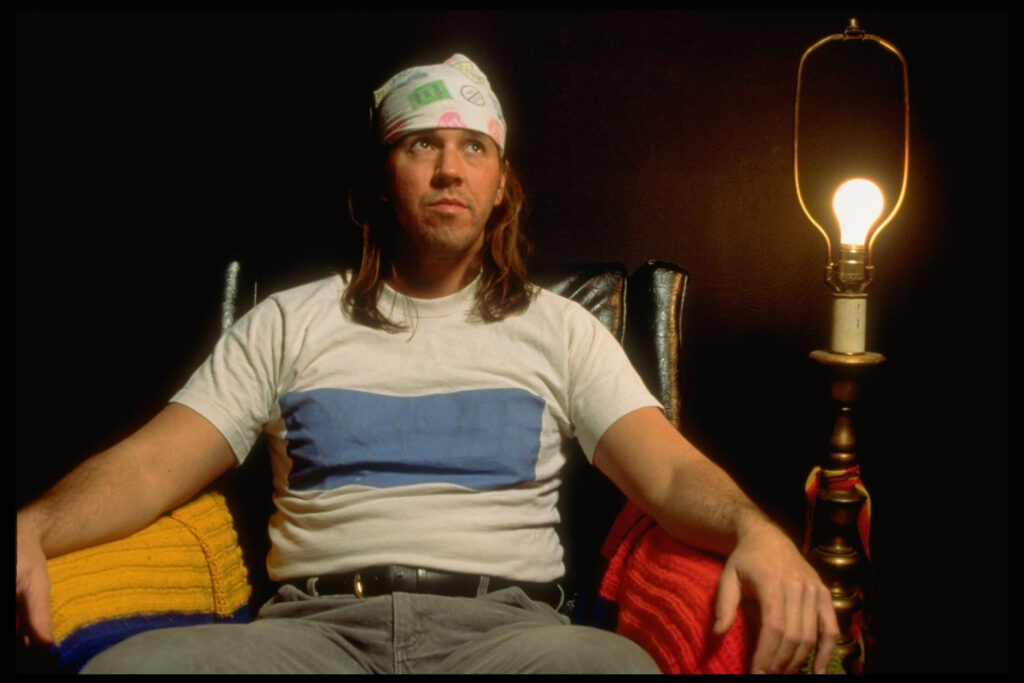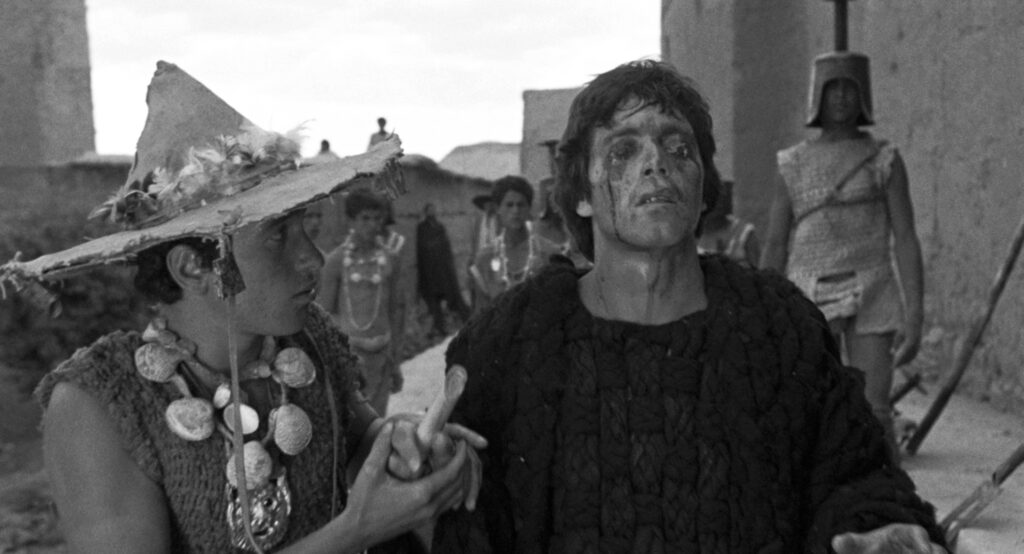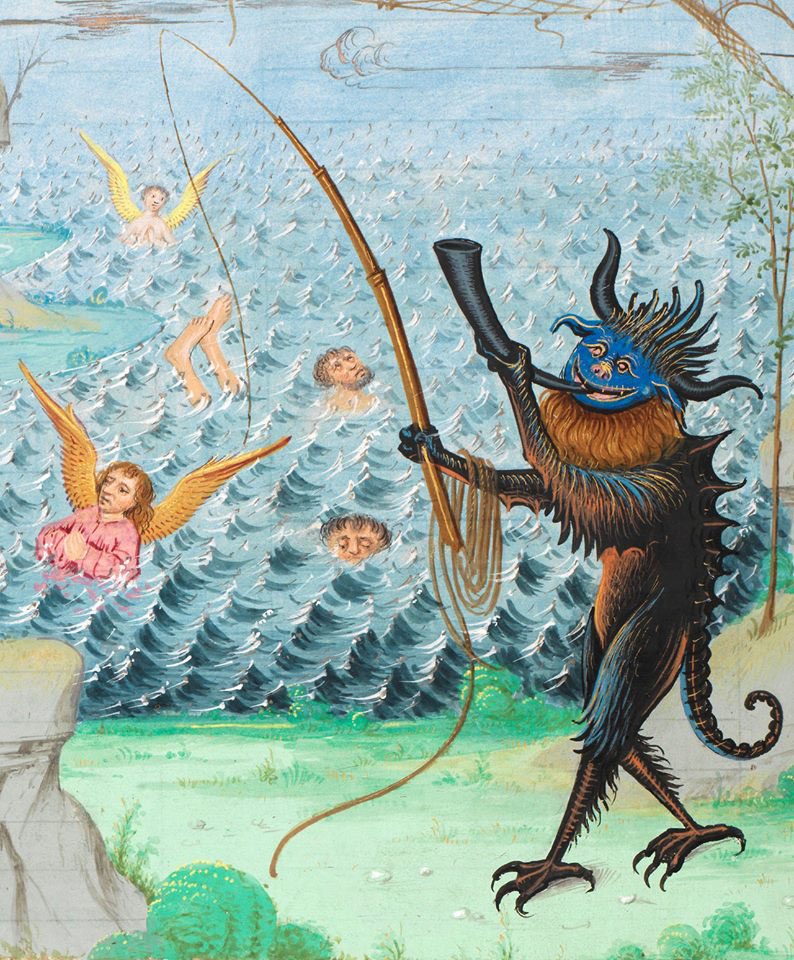The End of the Tour – Directed by James Ponsoldt (2015)

I think that if there’s a sort of sadness for people under 45, it has to something to do with pleasure and achievement and entertainment. Like a sort of emptiness at the heart of what they thought was going on.” – David Foster Wallace
There’s a story of subculture that’s both been told to me and that I’ve, in some small way, observed in realtime: the story of beautiful and tragic fragility. Tokens pass between friends, are pressed into the hands of lovers. Books are printed, tabled, set out as beacons for others in the hopes of finding and speaking to those like us. We come together in tucked away corners, whispering the secret words we share, trying as hard as one can to create a shared sense of meaning, meaning that might, even if only in our dreams, end up shaking the world. It’s likely that any vibrations which come from our ideas won’t make it too far from those little corners, that if they do they will appear in monstrous, unrecognizable forms, but for me at least, that seemed like enough.
The End of the Tour isn’t necessarily about sub or counterculture, but is instead a look at all the ways something called United States Culture leaves us “lords of our tiny skull-sized kingdoms, alone at the centre of all creation” bookended by the suicide of author David Foster Wallace, by a death of absolute despair. Based on a day’s long conversation between authors DFW and David Lipsky, there is not exactly a lot of meat to the film’s visual action, but instead a lot of discussing depression, loneliness, spiritual crisis, and what it means to find your life lacking in meaning.
“It was much more that I had lived an incredibly American life. This idea that if I could just achieve X and Y and Z, that everything would be ok. Feeling as though every axiom in your life turned out to be false and there was actually nothing. And that you were nothing.” – DFW
And so in that sense the film has everything to do with subculture, with the reasons for its appeal to many, or at least its appeal to me; as a space to try and avoid the tragic, paralyzing, unsettling realization at whatever age (quarter-life, mid-life, end of life) that one has been living under a vast blanket of loneliness, lacking the meaning one previously thought was there, individual, shared, or otherwise. Yet, even in the space of subculture (anarchist, artist, or activist), this realization still seems to come, with the same destructive and devastating power it holds in the straight world of achievement, career, and family. The same fragile beauty that attracts, that beckons people to try and abandon where they’ve come from, what and who they were meant to be, often ends up lasting, in something like geologic time, only a moment.
“Good people of Atlanta, we must never forget that Anthony Bourdain killed himself. Anthony Bourdain had the greatest job that show biz has ever produced. This man flew around the world and ate delicious meals with outstanding people. That man, with that job, hung himself in a luxury suite in France” – Dave Chappelle
For some reason tragic older men have always appealed to me; those who, at the height of their career, of their achievement, found themselves in the lowest internal place imaginable. Not that the full Oedipal treatment is always necessary, but a realization that the trajectory of, the making of meaning in, one’s life has dropped out from below you, was never really there, or otherwise just went terribly wrong and the subsequent plucking of eyes or slashing of wrists seemed like a fitting response. This right beside the other apparent option, that of a deep (both in terms of despair and significance) deep cynicism and detachment.
I think that same love of tragic beauty is what also drew me to radicalism, subculture, counterculture, whatever. A vision of the beautiful people, fighting against all odds, against all hope to live and love and carry on as they see fit, free of the shackles that would bind them. Of the people with sunlight and blood in their hair, who meet in the street, at the show, the book-fair, in the shadows, brought together by a strange mixture of chance, fate, ideals, and the unbearable nature of this world. As I’ve moved through Anarchyland in my own small way, I’ve seen the kind of fire and magic that those meetings, those bonds can make and the real power and meaning they hold for people. But I’ve also seen how those bonds can become brittle, break, and splinter due to all the familiar, straight world reasons. And once those bonds break, whether due to betrayal, change, or tragedy, people seem bound to live in the crater of those relationships, of that once meaningful subculture, forced to evaluate whether the structures, ideals, and principles that once offered such needed nourishment are still able to as people go on, age, change, continue living.
“Because here’s something else that’s weird but true: in the day-to-day trenches of adult life, there is actually no such thing as atheism. There is no such thing as not worshipping. Everybody worships. The only choice we get is what to worship” – DFW
It’s easy to agree with the critique that Anarchists, while espousing No Gods/No Masters, are quite often supremely religious. This lives in the realm of negative critique, of chastising Anarchists for their adherence to a strict morality, a supreme sense of righteousness and judgment, of claiming the one truth and fighting to bring about the kingdom of heaven on earth. But there is at least one other way this holds true, namely in the way that Anarchists worship. In the same way that capital-R Religious people, despite constantly speaking of a higher power, end up worshiping that which is all too human, Anarchists often worship too greatly at the altar of humanity. The human capacity for revolt, the goodness of human freedom, or even just the inherent meaning found in something like human relationships, these are some of the values I’ve heard anarchists speak of holding sacred. But when tragedy strikes, relations end, and radicals find that the center of what once made their lives seem full of meaning is suddenly gone, are those enough?
“And the compelling reason for choosing some sort of god or spiritual-type thing to worship – be it JC or Allah, be it YHWH or the Wiccan Mother Goddess, or the Four Noble Truths, or some inviolable set of ethical principles – is that pretty much anything else you worship will eat you alive.” – DFW
Even focusing the lens on people’s darker capacities, for violence, for brutality, for something we might call evil, and claiming them to be as holy as kindness, as friendship, as freedom, still seems like too fragile, too mutable a replacement for a thing truly awesome enough to worship. I find myself wanting something much, much bigger, much much scarier, much more monstrous.
I’m likely using the term worship too glibly here. Being so inextricably tied to Christianity, to consumerism, to a paradoxical worship and rejection of oneself, to unmitigated misery, I certainly have my own knee-jerk reaction of disgust towards it. Even so, I’m not prepared to give the term up entirely to those who would worship the world solely as it is, as it appears to be. Even on self-rejection, I think a certain type of worship which does a little of that can go a long way. Finding something that shows us humans are indeed not the center of the universe, the top of the food chain, the terrible masters of all that lives, remains appealing.
And so I’m supremely curious about what that something is for myself. Something that will truly bring me down to my knees, something so sublime as to be eternally humbling. And, once down on my knees, hopefully I’ll see the people around me similarly humbled. We’ll move towards each other, huddle together in the shadow of this enormous, wondrous thing. We’ll make new words, worship things new and old, and slowly lift ourselves up with the knowledge that there is some great, eternal thing we live, not necessarily in fear of, but certainly in awe of. Something that makes the fragile meaning we share all the more sweet, the tragedies we share a little smaller, and our relating all the more meaningful. I hope someday to find that and those.
“The alternative is unconsciousness, the default setting, the rat race, the constant gnawing sense of having had, and lost, some infinite thing.” – DFW
From the soundtrack of The Last Tour, and soundtrack for this review

